When it comes to achieving a picture-perfect smile, dental veneers have become a popular cosmetic solution for many individuals. Veneers are thin, custom-made shells designed to cover the front surface of teeth, instantly transforming their appearance. This blog will delve into the world of dental veneers, exploring what they are, the different types available, the reasons for getting them, the procedure involved, the cost, benefits, post-care instructions, fitting process, alternatives, problems they fix, suitable candidates, risks, lifespan, and prices in various countries.
By the end, you’ll have a comprehensive understanding of dental veneers, helping you make an informed decision about this smile-enhancing option.
What Are Veneers?
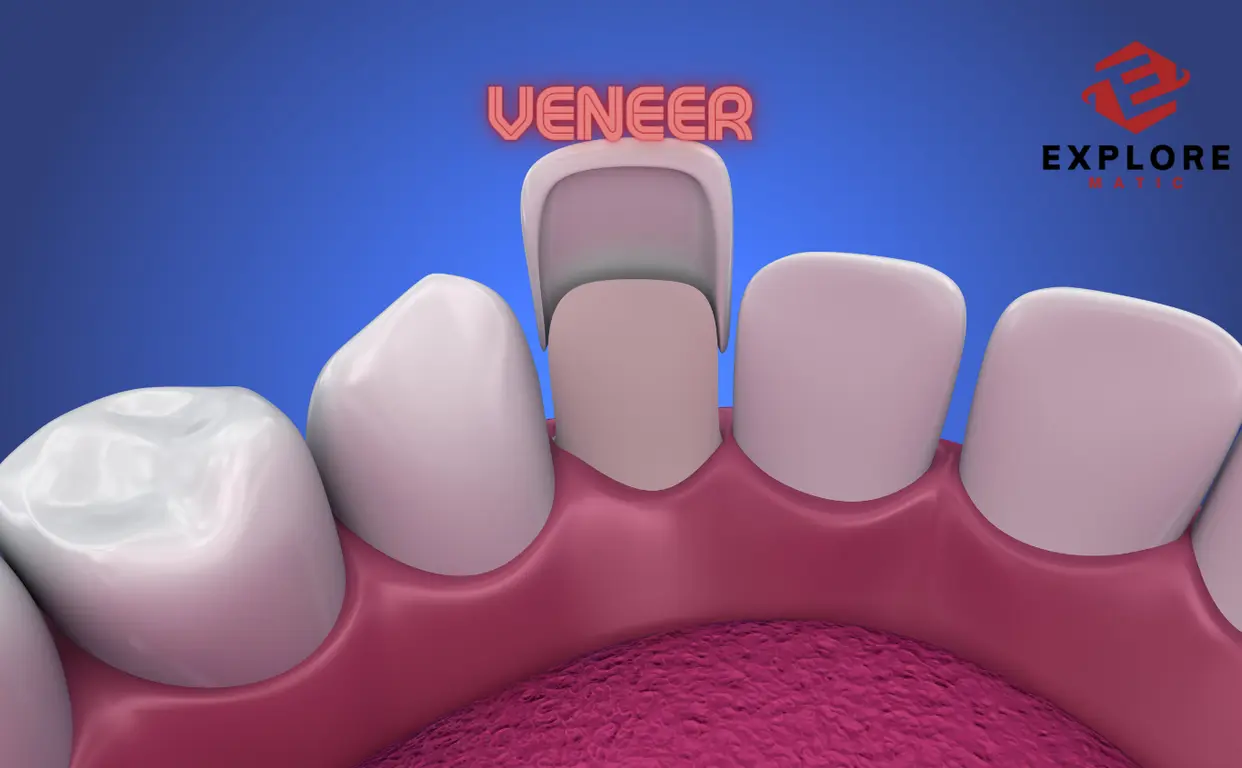
Dental veneers are ultra-thin shells, usually made from porcelain or composite resin materials, that are customized to fit over the front surface of teeth. Their purpose is to improve the appearance of teeth by correcting various dental imperfections, such as discoloration, chips, cracks, and unevenness.
Types of Dental Veneers
Porcelain Veneers
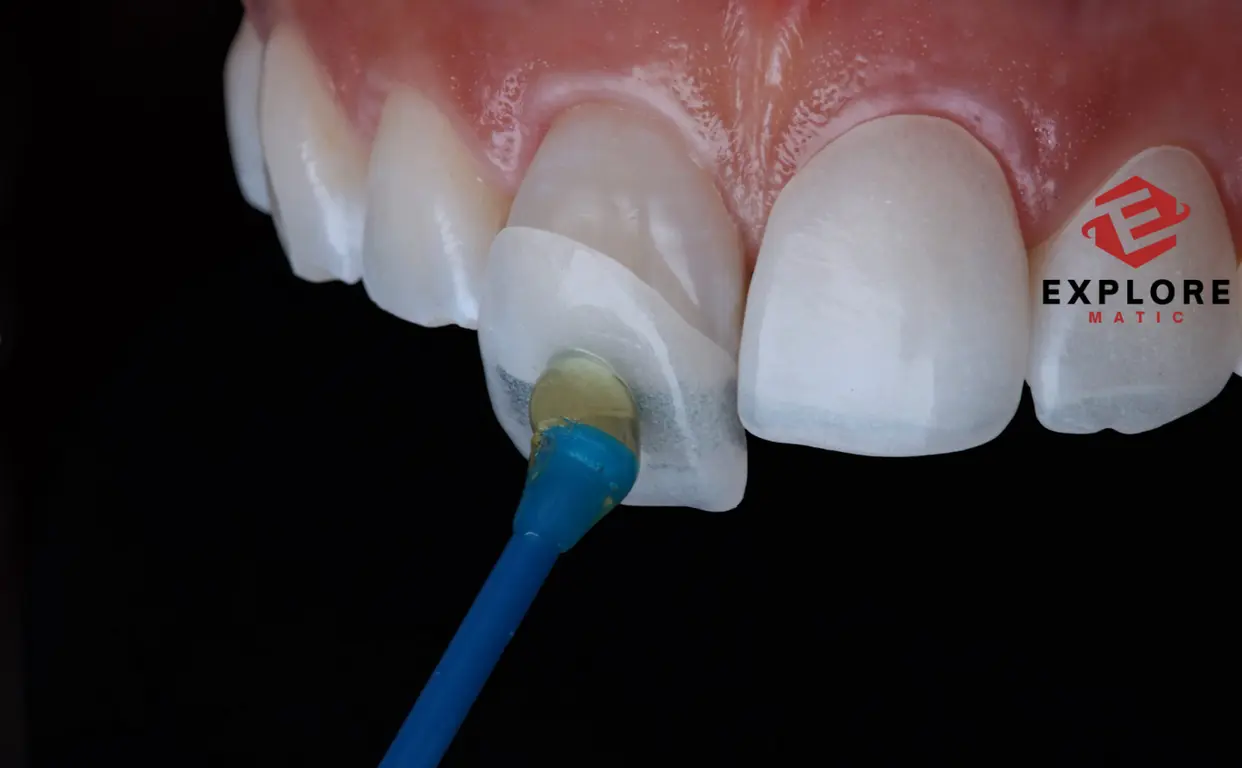
Crafted from high-quality ceramic, porcelain veneers offer superior aesthetics and durability. They closely resemble natural teeth, making them an excellent choice for individuals seeking a stunning, long-lasting smile transformation.
Composite Veneers
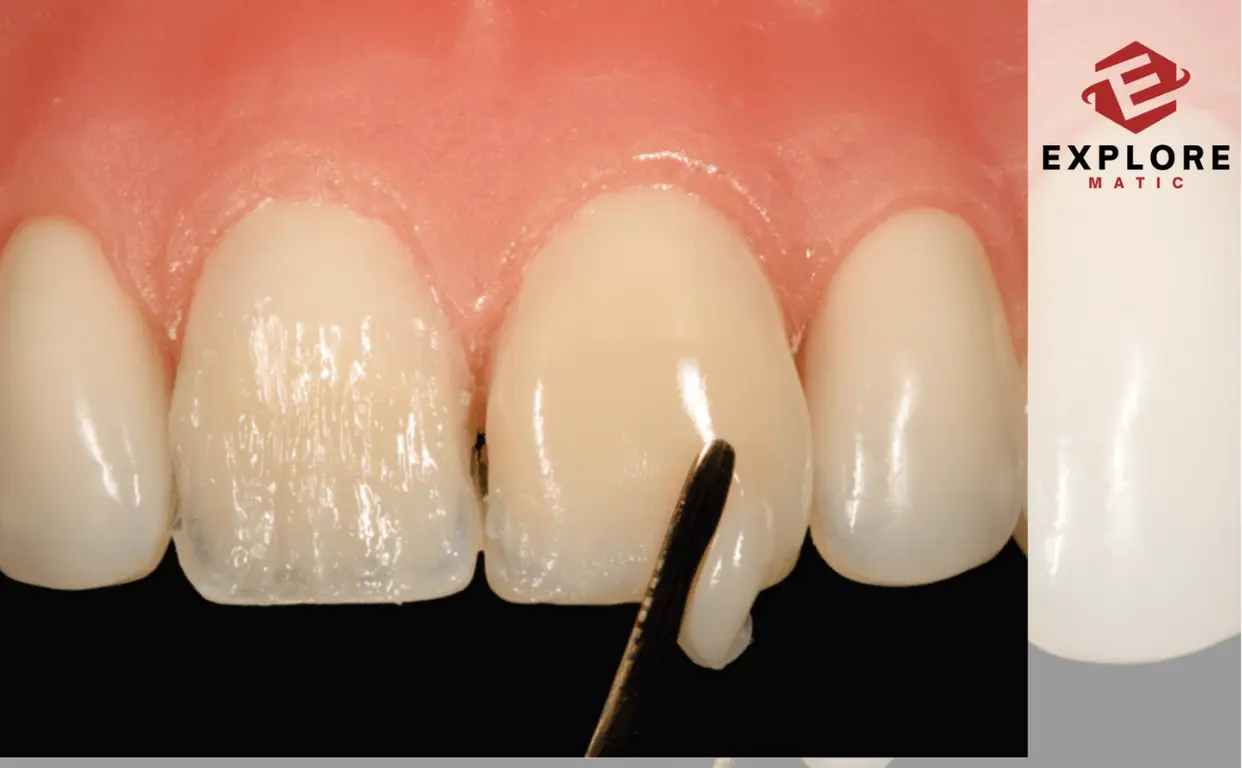
Made from a tooth-colored composite resin, these veneers are more affordable than porcelain alternatives. While they may not last as long, they can still produce a remarkable improvement in smile aesthetics.
Reasons for Having Veneers
There are several reasons why individuals opt for dental veneers:
Discolored Teeth
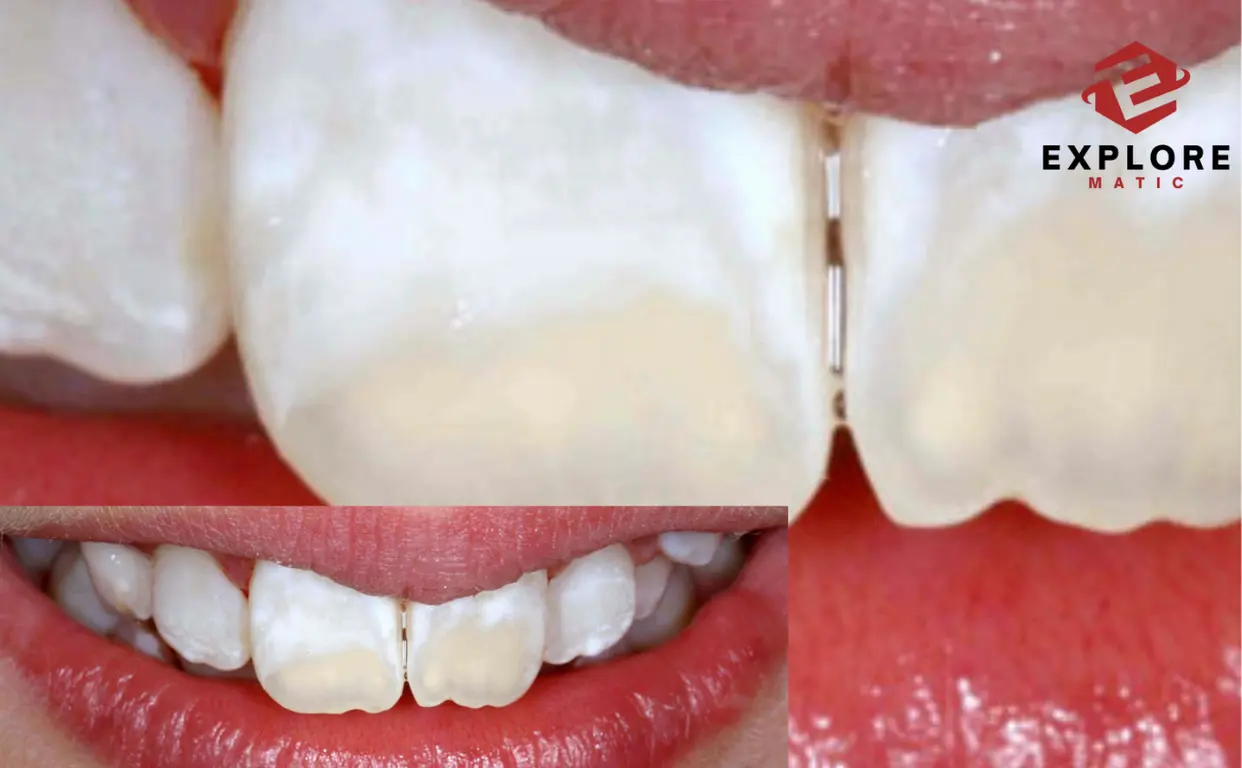
Veneers can effectively cover severe teeth stains that don’t respond well to teeth whitening treatments.
Chipped or Cracked Teeth
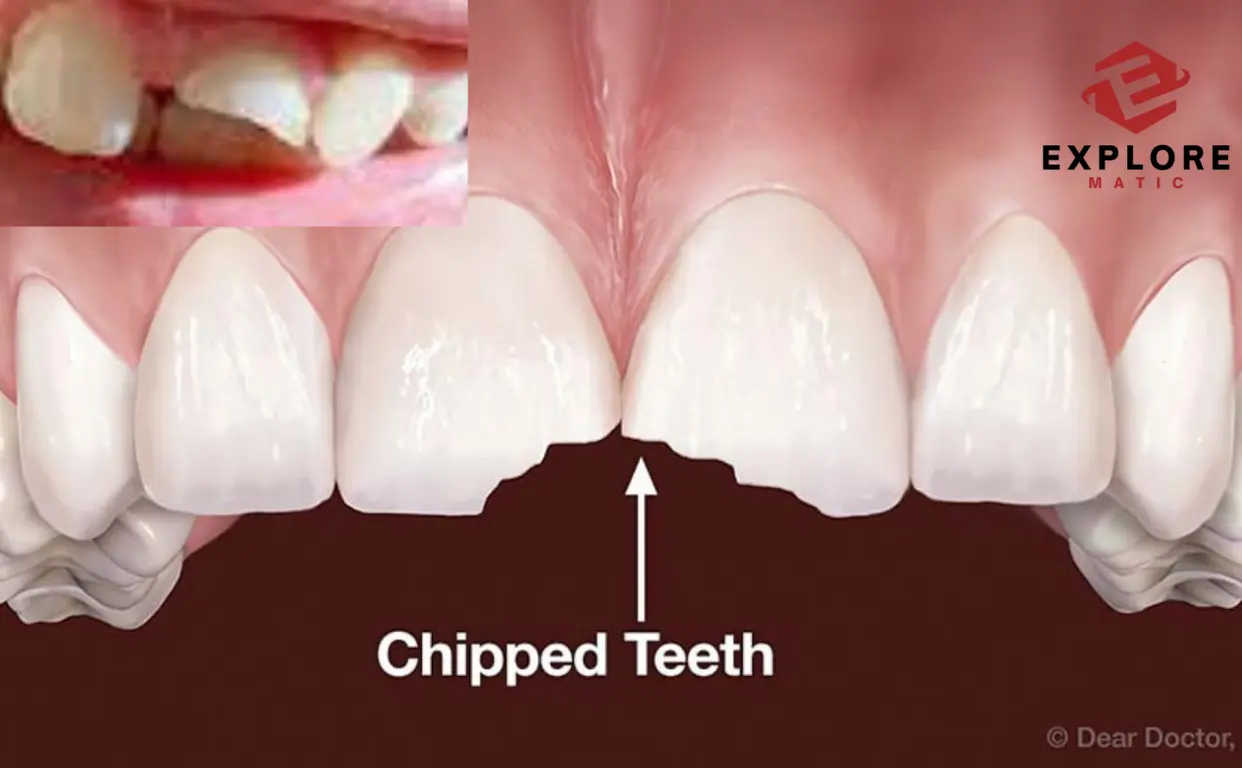
Veneers can restore the appearance of teeth damaged due to chips or cracks.
Gaps Between Teeth: Veneers can be used to close small gaps between teeth, creating a more uniform smile.
Misaligned or Irregularly Shaped Teeth
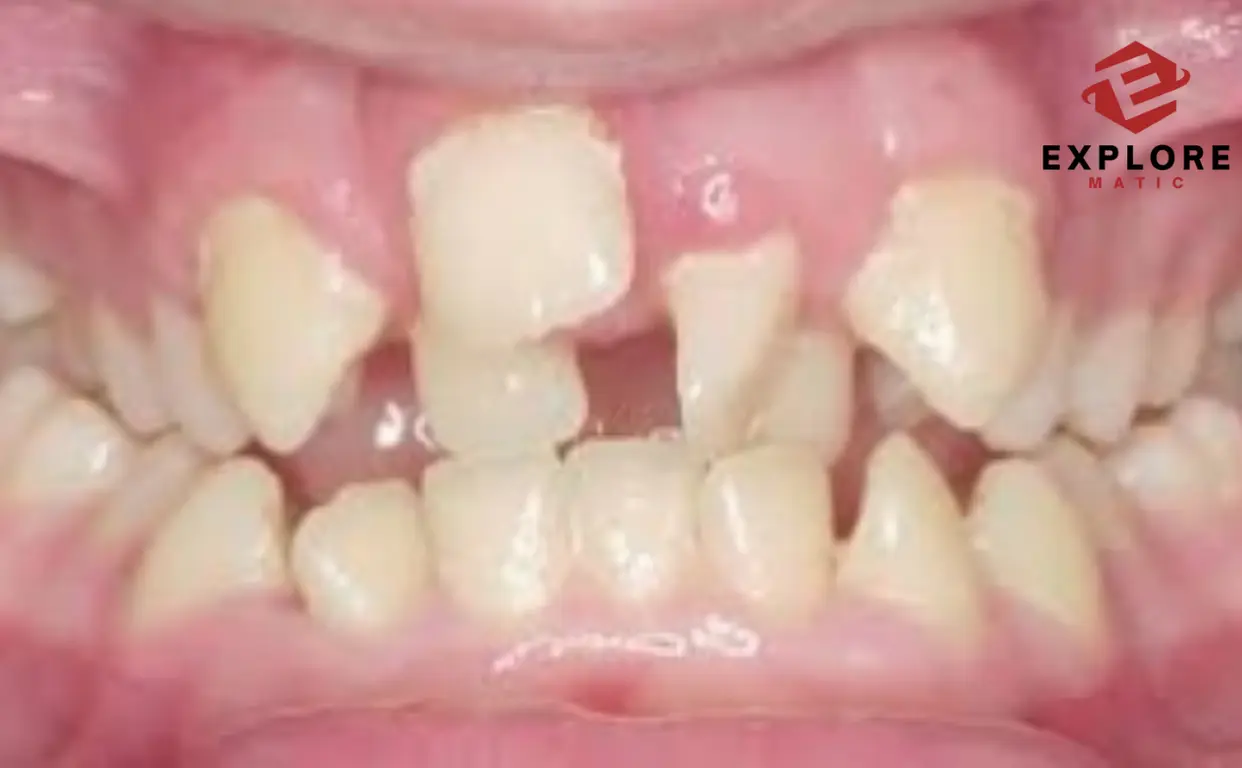
Veneers can provide a balanced and symmetrical appearance to misaligned or oddly shaped teeth.
Who Are Suitable Candidates for Veneers?
Ideal candidates for veneers are individuals with good oral health, but who are dissatisfied with the aesthetics of their teeth. People with severe dental issues, such as tooth decay, gum disease, or inadequate enamel, may not be suitable candidates and would need to address these problems before getting veneers.
Procedure of Dental Veneers
The process of getting dental veneers typically involves the following steps:
Consultation and Planning
Your dentist will examine your teeth, discuss your goals, and determine if veneers are suitable for you.
Tooth Preparation
A thin layer of enamel (around 0.5mm) is removed from the front of the teeth to accommodate the veneers.
Impression
Your dentist will take impressions of your teeth to create custom veneers that fit perfectly.
Temporary Veneers
In some cases, temporary veneers may be placed while your custom veneers are being fabricated.
Bonding
Once ready, the permanent veneers are bonded to your teeth using dental cement and a curing light.
The Cost of Veneers
The cost of dental veneers can vary depending on several factors, including the type of veneer, the dentist’s experience, the location of the dental practice, and the number of teeth being treated. On average, porcelain veneers can cost between $1,000 to $2,500 per tooth, while composite veneers may range from $250 to $1,500 per tooth.
Factors That Can Impact the Cost of Veneers
Material
Porcelain veneers are generally more expensive than composite veneers due to their superior quality and longevity.
Dentist’s Experience
Highly experienced and reputable dentists may charge more for their services.
Geographic Location
Dental care costs can vary significantly based on the region or country you are in.
Benefits of Dental Veneers
Improved Smile Aesthetics

Veneers can create a flawless and radiant smile, boosting self-confidence.
Stain Resistance
Porcelain veneers are highly resistant to stains, ensuring a long-lasting bright smile.
Durability
With proper care, veneers can last for many years, making them a valuable investment.
Post-Care Instructions
To maximize the longevity of your veneers, follow these post-care instructions:
Practice Good Oral Hygiene
Brush and floss regularly to maintain healthy teeth and gums.
Avoid Excessive Pressure
Refrain from biting on hard objects or using your teeth to open packages.
Dental Check-ups
Schedule regular dental visits to monitor the condition of your veneers and overall oral health.
How Are Veneers Fitted?
The fitting process involves the dentist carefully bonding the custom veneers to your prepared teeth using dental cement. The result is a natural-looking, harmonious smile that blends seamlessly with your other teeth.
Alternatives to Dental Veneers
While veneers are an excellent option for many, there are alternative cosmetic dental treatments, such as:
Teeth Whitening
For teeth with minor discoloration, teeth whitening treatments may be sufficient to enhance their appearance.
Dental Bonding
Dental bonding uses a composite resin to fix minor cosmetic flaws like chips and cracks.
Orthodontic Treatments
Braces or clear aligners can address misalignment issues and close gaps between teeth.
What Types of Problems Do Dental Veneers Fix?
Dental veneers are effective in correcting various dental imperfections, including:
- Teeth Stains and Discoloration
- Chipped or Cracked Teeth
- Minor Misalignments
- Gaps Between Teeth
- Irregularly Shaped Teeth
When Should You Consider Getting Veneers?
Consider getting dental veneers if:
- You have significant teeth stains that are unresponsive to teeth whitening.
- Your teeth have minor cosmetic flaws you wish to correct.
- You desire a more balanced and attractive smile.
Risks of Dental Veneers
While dental veneers are generally safe, there are some risks to be aware of:
Tooth Sensitivity
Some individuals may experience increased sensitivity to hot and cold temperatures after getting veneers.
Irreversible Process
Tooth preparation for veneers is irreversible, as a portion of enamel is removed.
Lifespan Of Dental Veneers
With proper care and regular dental check-ups, porcelain veneers can last between 10 to 15 years, while composite veneers may last around 5 to 7 years.
Prices of Dental Veneers
According to Material and Country The prices of veneers can vary significantly based on the country and the material used. As mentioned earlier, on average, porcelain veneers can cost between $1,000 to $2,500 per tooth, while composite veneers may range from $250 to $1,500 per tooth. However, these prices can differ widely, with some countries offering more affordable options compared to others.
FAQs
1:Are dental veneers permanent?
Dental veneers are not considered permanent, but they are long-lasting. Porcelain veneers typically last between 10 to 15 years, while composite veneers have a lifespan of around 5 to 7 years.
2:Do veneers require special care?
Veneers do not require special care, but it’s essential to maintain good oral hygiene practices. Regular brushing, flossing, and dental check-ups are vital to ensure the longevity of your veneers.
3: Are dental veneers painful to get?
The process of getting dental veneers is generally painless. Local anesthesia may be used during the tooth preparation stage to ensure your comfort.
4: Can veneers fix crooked teeth?
Veneers can improve the appearance of mildly misaligned teeth. However, for more severe cases of misalignment, orthodontic treatments like braces or clear aligners may be a more suitable option.
5: Can I get veneers on just one tooth?
Yes, you can get veneers on a single tooth if you have a specific tooth with imperfections that you want to address.
6: Are veneers covered by dental insurance?
Dental insurance may not cover the cost of veneers when they are considered a cosmetic procedure. However, some insurance plans may provide partial coverage if the veneers are needed for restorative purposes.
7: Can veneers be replaced if they become damaged?
In the event of damage or wear, veneers can be replaced by a qualified dentist to maintain your beautiful smile.
Conclusion
Dental veneers are a transformative solution for achieving a dazzling smile. They can address various cosmetic dental issues, and with proper care, they can provide lasting results. However, it’s essential to consult a qualified dentist to determine if you are a suitable candidate and to discuss the best treatment plan for your unique needs and budget. A beautiful smile can be a game-changer, and with veneers, you can confidently showcase your style and personality through your dazzling smile.